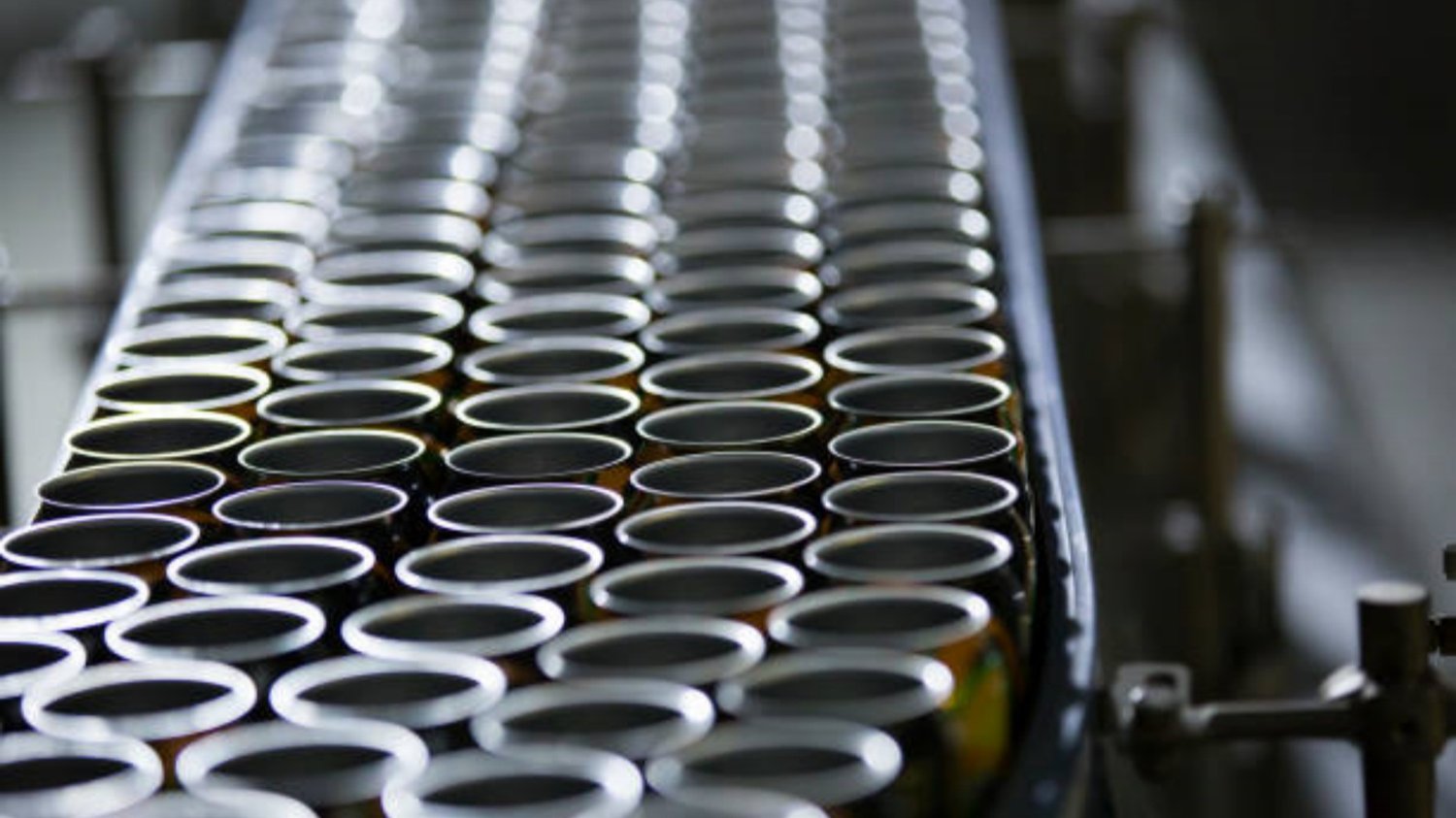What is Roller processing durability?
Roller processing durability refers to the ability of rollers to withstand the rigors of processing operations over time without experiencing significant wear or damage. Rollers are commonly used in various industrial applications, such as printing, manufacturing, and material handling, where they play a crucial role in facilitating smooth and efficient workflow. Understanding the factors that contribute to roller processing durability is essential for businesses to optimize their operational efficiency and minimize downtime.
The Role of Material Quality
One of the key factors influencing roller processing durability is the quality of the materials used in their construction. Rollers are typically made from a range of materials, including metals, plastics, and composites. Each material has its own unique properties, which can impact the roller's ability to withstand wear and tear. For instance, metal rollers are often preferred for heavy-duty applications due to their high strength and durability, while plastic or composite rollers may be suitable for lighter loads. Choosing the right material for specific processing requirements is crucial for achieving optimal durability.
The Significance of Roller Design
Roller design plays a crucial role in determining their durability. Factors such as roller diameter, surface finish, and load-bearing capacity can significantly impact the ability of rollers to withstand processing operations. Larger diameter rollers generally distribute the load more evenly, reducing the stress on individual rollers and enhancing their durability. Additionally, certain surface finishes, such as chrome plating or specialized coatings, can enhance the resistance of rollers to wear, corrosion, and other forms of damage. Proper roller design, considering specific application requirements, is vital for maximizing durability.
Impact of Load and Speed on Durability
The load and speed at which rollers operate have a direct impact on their durability. Rollers that are subjected to heavy loads or high-speed operations are more prone to wear and damage. Excessive load can cause deformation or premature failure, while high speeds can generate friction and heat, leading to accelerated wear. It is essential to carefully evaluate the load-bearing capacity and speed limitations of rollers to ensure their durability matches the processing requirements. Regular maintenance and lubrication can also help mitigate the effects of load and speed on roller durability.
The Importance of Roller Alignment
Proper alignment of rollers is critical for their long-term durability. Misalignment can result in uneven distribution of loads, causing excessive stress on certain rollers and leading to premature wear. It is essential to regularly inspect and adjust the alignment of rollers to ensure they are working in harmony and sharing the load evenly. Additionally, using precision alignment tools and techniques during installation can help prevent misalignment issues and improve roller processing durability.
The Role of Maintenance and Lubrication
Maintenance and lubrication practices have a significant impact on roller processing durability. Regular inspection, cleaning, and lubrication of rollers can help prevent the build-up of debris, contaminants, and excessive friction, which can lead to premature wear and damage. Choosing the appropriate lubricant for specific roller materials and application conditions is crucial for ensuring optimal performance and durability. Implementing a comprehensive maintenance and lubrication schedule can significantly extend the lifespan of rollers and enhance processing efficiency.
The Influence of Environmental Factors
Environmental factors can also affect the durability of rollers. Exposure to extreme temperatures, moisture, chemicals, or abrasive substances can accelerate wear and corrosion, compromising their performance and longevity. In such cases, selecting rollers with appropriate coatings or materials that offer resistance to specific environmental conditions is crucial. Additionally, implementing protective measures, such as enclosures or covers, can shield rollers from harmful environmental factors and extend their durability.
Importance of Regular Inspections
Regular inspections of rollers are essential for identifying potential issues that may compromise their durability. Inspections should include checking for signs of wear, damage, misalignment, or inadequate lubrication. By promptly addressing any issues found during inspections, businesses can prevent costly downtime and ensure the longevity of their processing equipment. Implementing a proactive inspection and maintenance program can significantly enhance roller processing durability.
Benefits of Investing in High-Quality Rollers
Investing in high-quality rollers may initially seem like a higher upfront cost, but it can yield significant long-term benefits. High-quality rollers are typically engineered to withstand rigorous processing operations, offering superior durability and reliability. They are less prone to wear, require fewer maintenance interventions, and can contribute to improved processing efficiency and productivity. By considering the long-term benefits and cost savings associated with high-quality rollers, businesses can make informed decisions and optimize their operational performance.
The Future of Roller Processing Durability
As technology and industry evolve, so does the understanding and development of roller processing durability. Ongoing research and innovation aim to enhance roller materials, designs, and manufacturing processes to further extend their durability and performance. By staying updated on the latest advancements in roller technology, businesses can benefit from improved efficiency, reduced downtime, and increased profitability in their processing operations.

